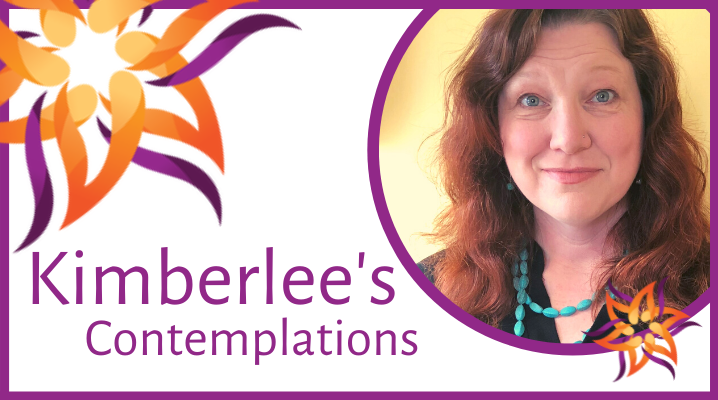Of all the words that focus on restoration and use the prefix “re“, (reconnect, recreate, relax, renovation, resurrect) it seems to me that the word “repair” carries with it a shadow of negativity. The prefix “re-” means “again” or “back”, yet “repair” is intertwined with the causality of brokenness. It is hard to be enthusiastic about repairs. Repairs can be onerous, unexpected, and needed after injury.
Though we may want a relationship, a car, or a system, to be recreated or restored, it is less likely we are eager for the process of repairing. I know I can vacillate between an urgent desire to fix something immediately to a procrastination of epic proportions. What is our correlation between willingness to engage with repair and our fears about the toll of repairing?
Confronting the truth about brokenness can be uncomfortable, daunting and scary.
A hard truth I reckoned with concerns the history of religious education (RE) in our faith tradition. As we work to repair or preferably rebuild RE to fit our current families and congregation, acquiring knowledge of how we came to be broken is a prerequisite. The history of Unitarian and Universalist religious education is filled with innovative, empowering ways to teach and comprehend religion, culture and human existence. And yet, our liberal faith also reflects the times it exists in. RE’s history is the history of women’s work in the church; women who were not allowed positions of power and oppressed in society provided the workforce and care needed to create religious education.
“We have inherited a Sunday school model that depends on unpaid or underpaid leadership, despite decades of tremendous dedication and sacrifice. We are in a time when that is simply not an option for our current workforce.” The Death of Sunday School and the Future of Faith Formation by Kimberly Sweeney.
Last month, the U.S. surgeon general, Dr. Vivek Murthy, issued an advisory on the mental health and well-being of parents, stating that many parents are stressed out by the demands of parenthood.
Repairing religious education requires understanding the past inequity to make space for another way to enter. We ask and need the larger community to volunteer, to create religious education because we must support our families, and we can repair an injustice.
The journey of healing histories of oppression is related to both patience and recognition. The process of repair, mending and healing may involve painful revelations, yet we cannot let our fear or discomfort prevent us from getting to the regenerating part of the process.
Repair is an act of renewal. May we find the courage to heal as we co-create the future we yearn for.
Rev. Kimberlee Tomczak Carlson, Minister of Religious Education
